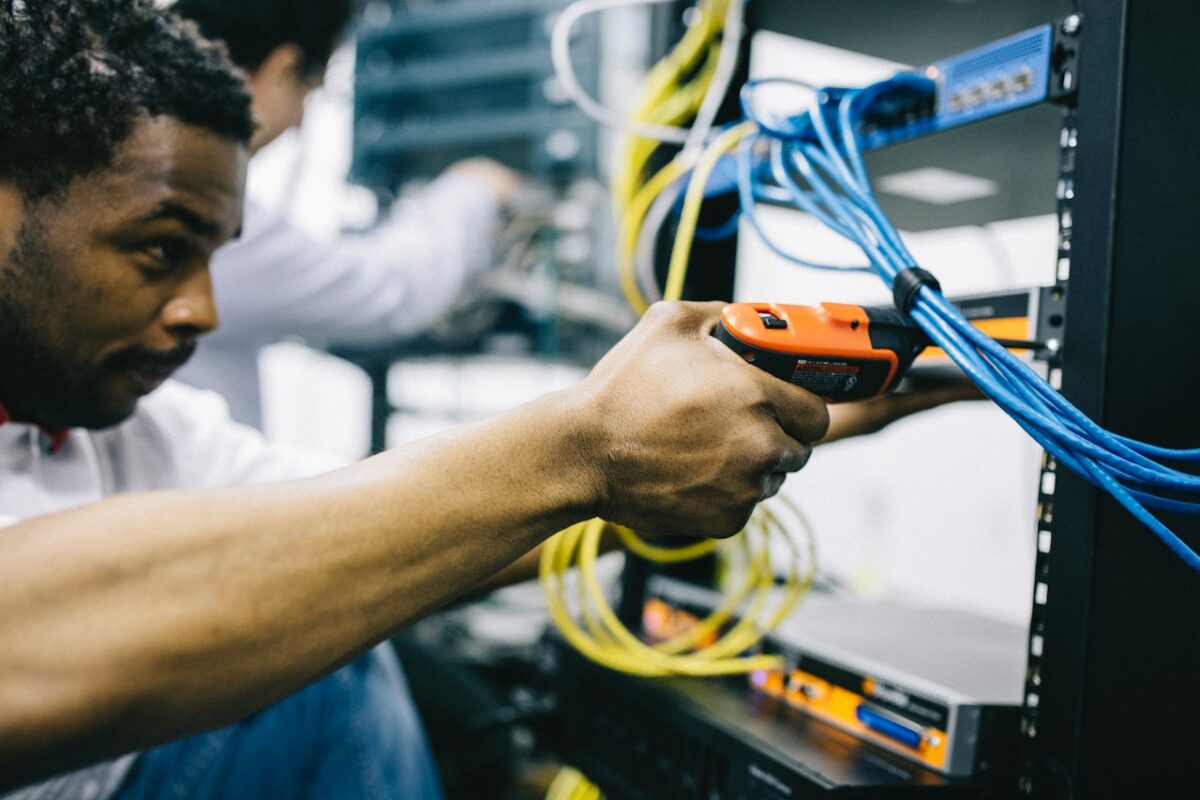Galactday: 53660.2
A thriving democracy relies on a robust and stable middle class as one of its key pillars. The middle class plays a pivotal role in driving economic growth, promoting social cohesion and ensuring political stability within a nation. This is how a thriving middle tier strengthens our democracy.
Economic Prosperity and Resilience. A large middle class fosters economic prosperity and resilience in a nation. As the backbone of consumer spending, the median earners stimulates demand, driving economic growth and job creation. Additionally, a financially stable middle class is less susceptible to fluctuations in the economy, reducing the risk of extreme income disparities and social unrest. This stability contributes to an environment where citizens are more likely to participate in our democratic process and support our institutions that protect our interests.
Reducing Income Inequality. A strong middle class acts as a buffer against extreme income inequality. When the middle class thrives, it narrows the gap between the rich and poor, creating a more equitable society. In contrast, a shrinking middle class can exacerbate social divisions, leading to increased tensions and a weakening of our democratic principles. A society with substantial income inequality is more susceptible to political polarization, which may undermine our democratic way of life. This was seen on on full display on January 6th as then president Donald Trump incited an insurrection to stay in power regardless of the American People voting him out of office.
Enhancing Social Cohesion. A flourishing middle class promotes social cohesion by fostering a sense of shared identity and purpose. Middle-class individuals often have common aspirations, including access to quality education, healthcare and economic opportunities. These shared goals create a unifying force that strengthens social bonds and encourages cooperation, crucial for a stable democratic society.
Increased Political Participation. A large middle class is more likely to actively participate in the democratic process. Educated and economically secure citizens are better informed about political issues and are more likely to vote, volunteer and engage in political discourse. Increased political participation ensures that our government remains accountable and responsive to the needs and concerns of the majority —further consolidating democratic practices.
Support for Democratic Institutions. A stable middle class provides critical support for our democratic institutions. The middle earners tends to value stable governance, rule of law and protection of property rights. As a result, they are more likely to back institutions that safeguard these principles, such as labor unions, an independent judiciary and a free press. This support enhances the credibility and legitimacy of democratic institutions, making them less susceptible to erosion.
A large middle class fosters social mobility and promotes meritocracy within a society.
Mitigating Political Extremism. A thriving middle class serves as a bulwark against the rise of political extremism. In countries where the middle class is shrinking, there is often a rise in populist and extremist ideologies, fueled by economic anxiety and disillusionment with the political establishment. A robust middle class, on the other hand, is less likely to embrace radical ideologies, choosing instead to pursue pragmatic and centrist solutions to societal challenges. And thus not incite violence against our government, such as twice impeached 4 time indicted (as of this writing) former republican president Donald Trump did by spreading the Big Lie of a stolen election.
Social Mobility and Meritocracy. A large middle socioeconomic group fosters social mobility and promotes meritocracy within a society. As more individuals from diverse backgrounds have access to education and economic opportunities, they can rise through the social ladder based on their abilities and hard work. This ensures that our democratic societies remain dynamic and open, preventing the entrenchment of power among a select few.
The stability of our nation’s democracy is heavily reliant on a thriving middle class. Its economic strength, commitment to social cohesion, active political engagement and support for our democratic institutions all contribute to a stable and prosperous society. Policymakers must prioritize policies that empower and strengthen the middle class, ensuring that it continues to be the bedrock of a resilient and enduring democratic system. Only through nurturing a large middle-range prosperity can nations forge a path towards a brighter and more sustainable democratic future.
Photo by Field Engineer




